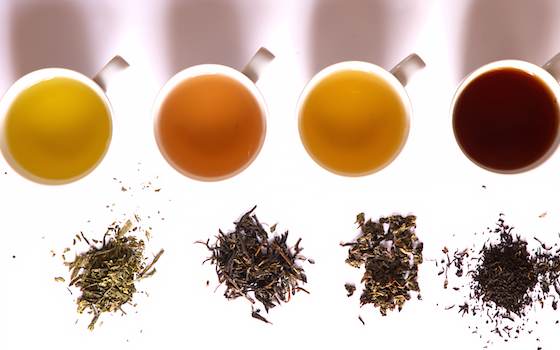- MENU
- HOME
- SEARCH
- WORLD
- MAIN
- AFRICA
- ASIA
- BALKANS
- EUROPE
- LATIN AMERICA
- MIDDLE EAST
- United Kingdom
- United States
- Argentina
- Australia
- Austria
- Benelux
- Brazil
- Canada
- China
- France
- Germany
- Greece
- Hungary
- India
- Indonesia
- Ireland
- Israel
- Italy
- Japan
- Korea
- Mexico
- New Zealand
- Pakistan
- Philippines
- Poland
- Russia
- South Africa
- Spain
- Taiwan
- Turkey
- USA
- BUSINESS
- WEALTH
- STOCKS
- TECH
- HEALTH
- LIFESTYLE
- ENTERTAINMENT
- SPORTS
- RSS
- iHaveNet.com: Alternative Health

Make it Tea Time to Boost Cancer Protection
by Victoria Shanta Retelny, RDN
Tea is the most popular beverage in the world, after water -- and one of the oldest medicinal brews.
For the past 5,000 years, tea was believed to purify the body and preserve the mind. A large body of scientific evidence, including over 3,000 published studies, shows a link between tea and improved health, with a focus on protection against various types of cancer, such as digestive, skin, lung, prostate, breast and ovarian cancers. All true teas--white, green, oolong and black--come from the buds of the same plant, Camellia sinensis.
Tea for cancer defense.
Tea contains a large number of bioactive compounds called flavonoids, which can potentially fend off cancer.
"Tea flavonoids, such as catechins, theaflavins, thearubigins and quercetin, are antioxidants that may protect against some types of cancer," explains
Tea's compounds work in many ways to prevent cancer, including reducing free radical and DNA damage, inhibiting uncontrolled cell growth, and boosting the immune system. While not all clinical trials on tea and cancer have shown conclusive benefits, a 2013 review in the
How much tea drinking is enough?
The
Article: Copyright ©, Studio One
"Make it Tea Time to Boost Cancer Protection"